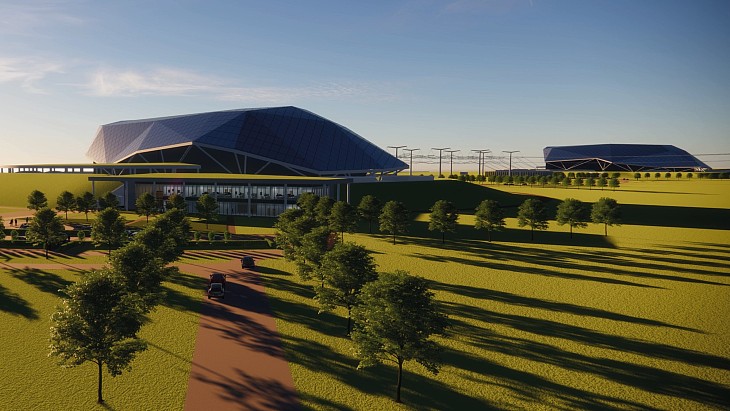Tihange 2 and Doel 3 were taken offline in 2012 when ultrasound testing suggested the possible presence of cracks in their reactor vessels. Further investigations indicated that the defects were so-called hydrogen 'flakes' and had been introduced during the manufacturing process. FANC allowed Electrabel - a subsidiary of French utility Engie - to restart the units in May 2013, requesting that further tests be conducted to evaluate the effect over time of these flakes. In March 2014, Electrabel brought forward planned outages for the two units after additional tests on hydrogen flakes suggested these may affect the mechanical properties of their reactor vessels. These outages were originally expected to last about six weeks, but the reactors were subsequently kept offline.
In mid-November 2015, FANC approved the restart of the two units after concluding it was safe to bring the reactors back into operation. It concurred with Electrabel's finding that the flakes "have no negative impact on the reactor vessel's structural integrity". The reactor was eventually restarted on 14 December that year.
In a case brought in 2016 by several state and local governments in the Netherlands, Germany and Luxembourg opposed to the 2015 decision to restart Tihange 2, the Court of First Instance in Brussels has now ruled in FANC's favour. The plaintiffs alleged FANC deliberately did not disclose certain documents to the public, but that could not be proven, according to the court. The court's decision concludes that there is no evidence that FANC, in its decision to allow the reactor to restart, wrongly placed economic or other interests above the safety of the population.
The judge in the case said that FANC had acted carefully and cannot be accused of ignoring the problem. He noted FANC had taken immediate measures once the issue had been identified, demanding a temporary shutdown of the reactor, obliging Electrabel to present justification files and then carrying out an in-depth study on the issue itself, with the help of numerous international experts. Furthermore, the judge stated that FANC has sufficiently informed the population through the publication of various press releases, reports and advice.
"We did our job well in 2015 and are happy that the court has now confirmed it," said FANC Director General Frank Hardeman.
Since the restart of Tihange 2 and Doel 3 in 2015, Electrabel has been required to regularly check that the situation has not changed. The most recent inspection showed that no new hydrogen flakes have appeared and the existing flakes had not increased in size.
The court decision means that Tihange 2 - a 1008 MWe (net) pressurised water reactor - can continue operating until its planned closure in February 2023.

.jpg)



_19544_40999.jpg)


_66668.jpg)





